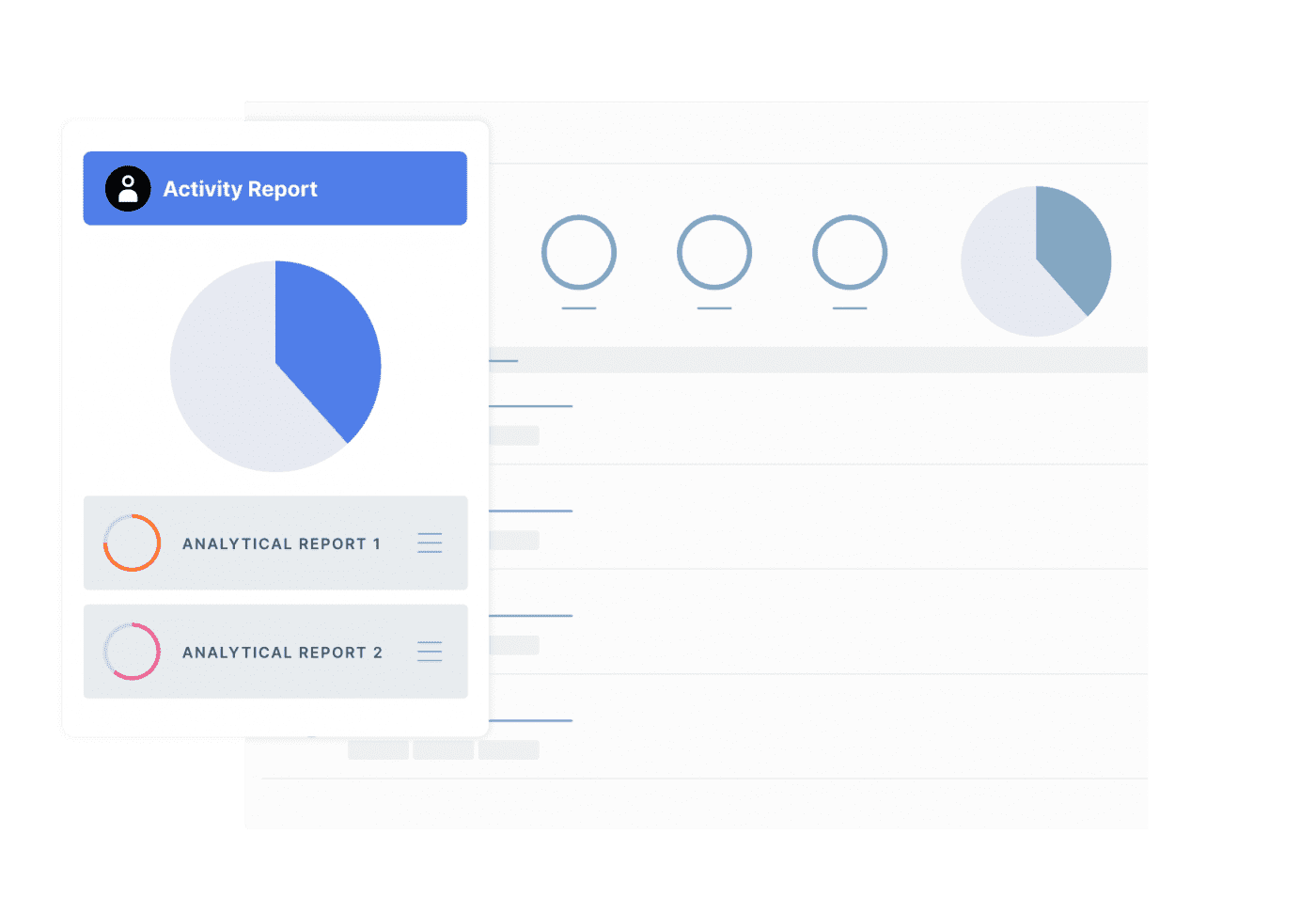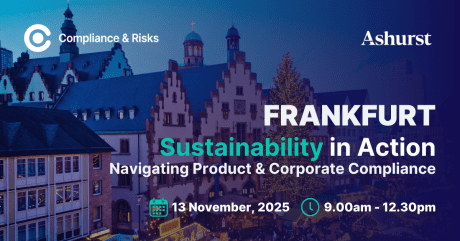
German Due Diligence in Supply Chains Act (LkSG) Update: Proposal to Remove Reporting Obligations and Changed Enforcement Practice

This blog was originally posted on 6th October, 2025. Further regulatory developments may have occurred after publication. To keep up-to-date with the latest compliance news, sign up to our newsletter.
AUTHORED BY HANNAH JANKNECHT, REGULATORY COMPLIANCE SPECIALIST, COMPLIANCE & RISKS
In July 2021, the German Parliament adopted one of the world’s first mandatory supply chain due diligence laws, representing a major step forward in protecting human rights throughout the supply chains of companies based in Germany.
What Do Companies Need to Do Under the LkSG?
The Act requires companies based in Germany with more than 1,000 employees to implement effective human rights due diligence measures aimed at preventing and mitigating human rights risks and addressing potential violations. These obligations include establishing a risk management system, appointing a human rights officer, conducting regular risk analyses, implementing preventive actions within the company’s own operations and its direct suppliers, introducing remedial measures in cases of imminent or actual violations, and setting up an effective complaints mechanism.
Companies are furthermore required to continuously document the implementation of their due diligence procedures and submit an annual report on the fulfillment of their due diligence obligations in the previous financial year.
Upcoming Changes to the Act and its Enforcement
While these obligations have been in effect since 1 January 2023, the German government announced plans to scale back the supply chain due diligence obligations in 2025.
Under the coalition agreement, reached in April 2025 between the SPD and CDU/CSU, a new ‘Program for the Reduction of Bureaucracy’ was proposed, which includes repealing the German Supply Chain Due Diligence Act and replacing it with the transposition of the EU Corporate Sustainability Due Diligence Directive (CSDDD). The CSDDD itself is currently under review as part of the EU’s Omnibus Package negotiations, a process that could significantly reduce both the scope and content of the CSDDD’s due diligence obligations.
For an in-depth analysis of the EU’s Omnibus Package negotiations, read our blog here. For more information on the development of global human rights due diligence obligations, join our webinar on 22 October 2025.
Proposed Amendment to Remove Reporting Obligations and Reduce Sanctions
As an initial step toward implementing the coalition agreement’s plans for the LkSG, the German government proposed a draft law in September 2025 aiming to abolish the reporting obligations and limit the imposition of fines under the Act to serious violations. The draft contains the following key changes:
- Reporting: The draft proposes to remove the Act’s reporting requirements, meaning companies will no longer need to publicly report on the due diligence measures they have taken.
- Fines: The draft proposes to revise the provisions on fines in order to prevent companies from being overburdened before the EU Corporate Sustainability Due Diligence Directive (CSDDD) is transposed into German law. Fines shall only apply in case of failure to implement preventive and/or remedial measures or failure to implement a grievance mechanism, both of which are considered to be severe violations.
- Timeline: The amendment would take effect immediately after promulgation, while the removal of the reporting obligations would apply retroactively from 1 January 2023.
There are no proposed amendments to the Due Diligence obligations and, as such, if the proposal is finalized, companies would still be required to carry out due diligence, identifying supply chain risks, taking preventive and corrective actions, and maintaining grievance mechanisms.
Changes to BAFA’s Enforcement Practice
In the meantime, the Federal Office for Economic Affairs and Export Control (BAFA) announced changes in the enforcement of the LkSG on 1 October, and will proceed with the following approach:
- Discontinue the review of company reports with immediate effect.
- For both ongoing and future administrative offense proceedings, fines will only be imposed for breaches that are particularly serious due to their extent, scope, or their irreversible nature.
BAFA plans to examine these conditions for each individual breach, applying very restrictive discretionary powers, and only considering imposing fines as a last resort in cases of serious human rights violations.
The enforcement approach will be changed with immediate effect, despite the fact that the proposed LkSG amendment has not yet been adopted by the parliament. Please note that all other due diligence obligations are not impacted by this change.
Stay Ahead Of Regulatory Changes in the LkSG
Want to stay ahead of regulatory developments in the LkSG?
Accelerate your ability to achieve, maintain & expand market access for all products in global markets with C2P – your key to unlocking market access, trusted by more than 300 of the world’s leading brands.
C2P is an enterprise SaaS platform providing everything you need in one place to achieve your business objectives by proving compliance in over 195 countries.
C2P is purpose-built to be tailored to your specific needs with comprehensive capabilities that enable enterprise-wide management of regulations, standards, requirements and evidence.
Add-on packages help accelerate market access through use-case-specific solutions, global regulatory content, a global team of subject matter experts and professional services.
- Accelerate time-to-market for products
- Reduce non-compliance risks that impact your ability to meet business goals and cause reputational damage
- Enable business continuity by digitizing your compliance process and building corporate memory
- Improve efficiency and enable your team to focus on business critical initiatives rather than manual tasks
- Save time with access to Compliance & Risks’ extensive Knowledge Partner network

Simplify Corporate Sustainability Compliance
Six months of research, done in 60 seconds. Cut through ESG chaos and act with clarity. Try C&R Sustainability Free.



